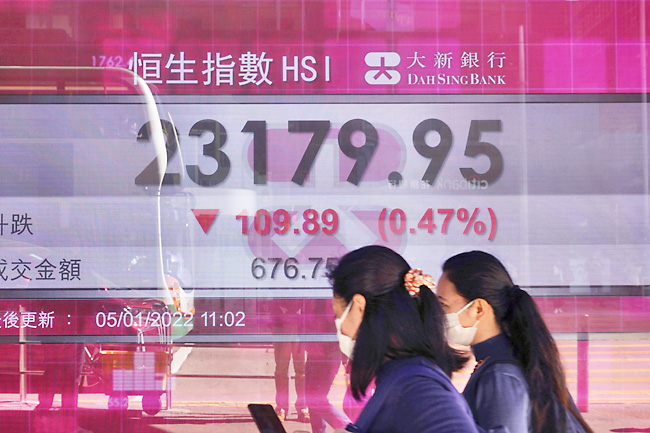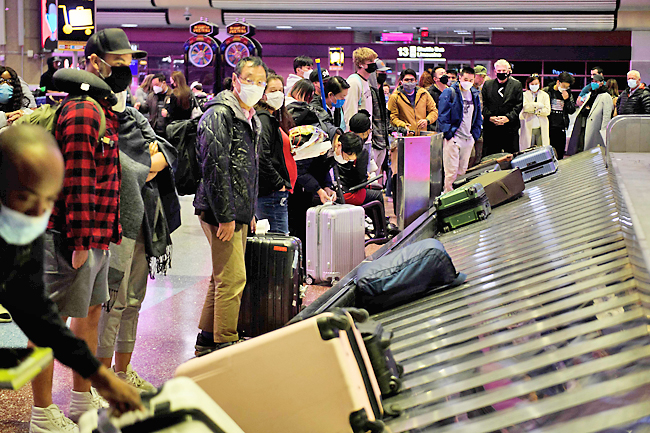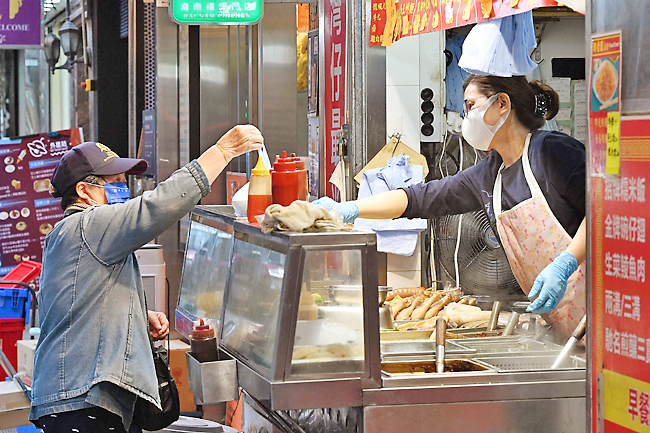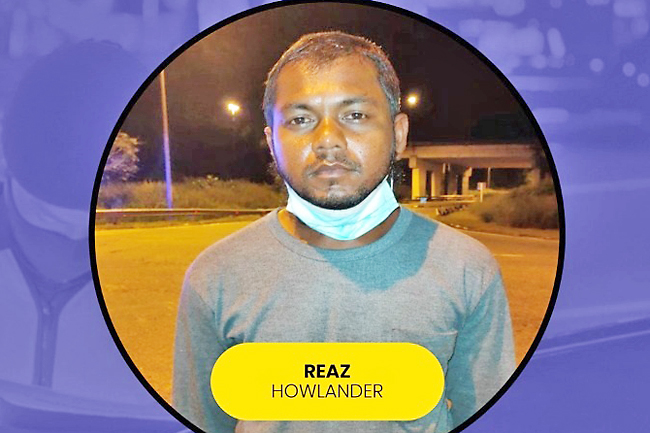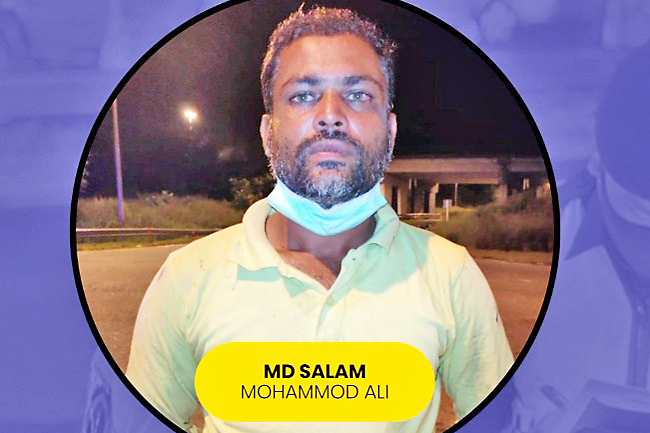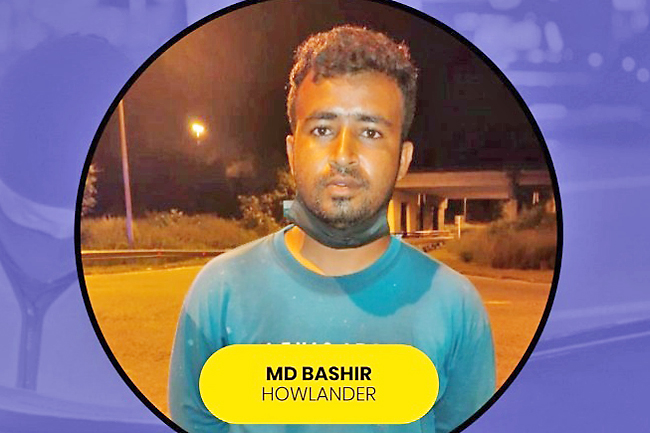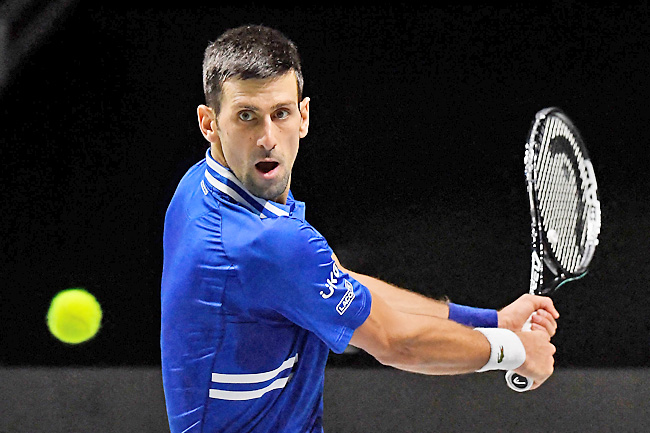JOHANNESBURG (AFP) – Riyad Mahrez-captained Algeria are favourites to win back-to-back titles when a twice-delayed Africa Cup of Nations finally kicks off in Cameroon on Sunday.
The Desert Foxes are unbeaten in 33 matches – a record for an African national team – with the amazing run beginning with a 4-1 away triumph over Togo in November 2018.
To succeed again, however, Algeria will have to buck a trend as the last five African champions failed to defend the title with none advancing further than the round of 16.
Here, AFP Sport puts the spotlight on the four Group E contenders. The group winners and runners-up are assured of last-16 places while the best four third-placed teams from the six groups also qualify.
ALGERIA
Coach Djamel Belmadi has kept faith in the 2019 Cup of Nations-winning team with nine of those who started in the 1-0 final victory over Senegal heading to Cameroon.
While the 45-year-old France-born manager has been criticised for being too loyal to those who conquered Africa, a record of 24 victories and nine draws, and 83 goals scored, speaks for itself.

Algeria are particularly powerful on the wings, deploying not only Manchester City star Mahrez but also currently clubless Youcef Belaili.
Belaili tested positive for coronavirus during a camp in Qatar and Belmadi hopes the winger will make a quick recovery ahead of the January 11 opener against Sierra Leone.
IVORY COAST
Elephants coach Patrice Beaumelle has chosen five Premier League stars – defenders Eric Bailly and Willy Boly and forwards Maxwel Cornet, Nicolas Pepe and Wilfred Zaha.
But it is former West Ham United forward Sebastien Haller, now at Ajax Amsterdam, who may emerge as the key figure for two-time champions the Ivory Coast.
He scored for the Dutch club in all six UEFA Champions League group matches this season, matching a record set by Cristiano Ronaldo in 2017.
While the Ivorians made a last-eight exit in 2019, they were the only team to hold Algeria, drawing 1-1 after extra time before losing on penalties.
EQUATORIAL GUINEA
The National Thunder have qualified for a first time with the 2012 and 2015 appearances due to them being co-hosts with Gabon in the first instance, then solo hosts.
They exceeded expectations in both tournaments, reaching the quarter-finals and semi-finals, but it is difficult to imagine the central Africans getting to the last eight in Cameroon.
In a group likely to be dominated by a couple of two-time champions, Algeria and the Ivory Coast, the Equatoguineans will do well to advance as one of the third-place qualifiers.
Equatorial Guinea has strong links with Spain so it no surprise that 16 of the 28 players they called up were born there, including 32-year-old captain and forward Emilio Nsue.
SIERRA LEONE
Manchester-born John Keister coaches a country that is back at the flagship African tournament after making the last of two appearances 26 years ago in South Africa.
To reach Cameroon, Sierra Leona staged the greatest comeback in Cup of Nations qualifying history, coming from four goals behind in Nigeria to draw 4-4.
Kwame Quee, Alhaji Kamara and Mustapha Bundu, scorers of the goals that stunned the Super Eagles, have all been included in the Cameroon-bound squad, whose realistic target must be third place in Group E.
Former Tottenham Hotspur centre-back Steven Caulker has also been called up after being capped once by England nine years ago before switching allegiances thanks to his grandfather being born in the west African state.

